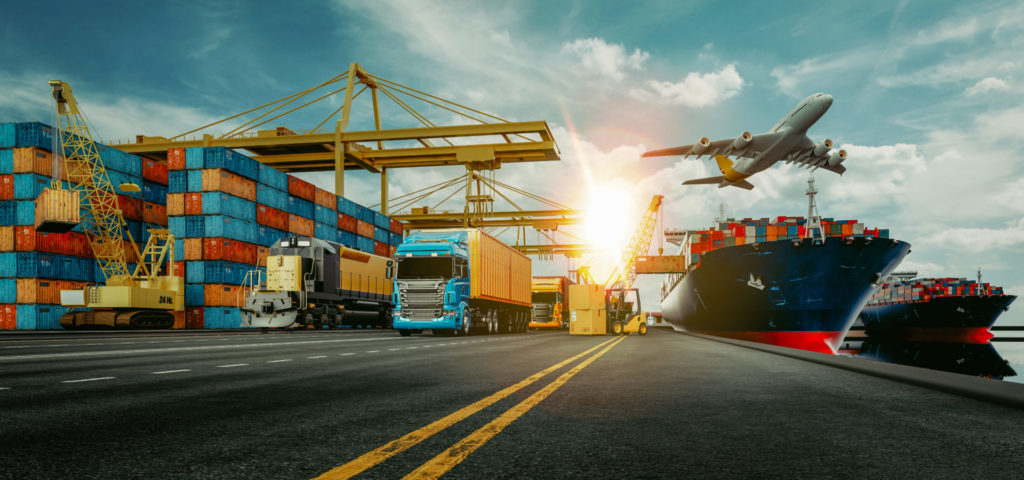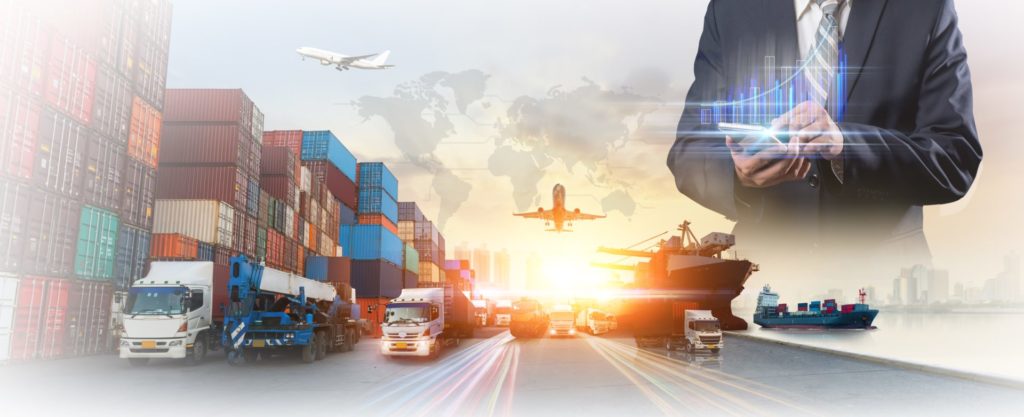The current energy crisis is unavoidable and will get worse without clear-headed and decisive action at all levels.
Each time a thriving and stable post-pandemic economy appears on the horizon, new challenges seem to emerge, blocking or diverting the way to recovery. These have included social unrest, regional conflict, inflation, and extreme weather events accelerated by climate change, amongst a host of other barriers to economic development. Although some of these issues have moved to the background for the time being, continued conflict in Europe has led to us currently facing the first truly global energy crisis.
This unprecedented and complex predicament is made worse by global supply disruptions, which continue to batter economies that are still reeling from the pandemic, as well as occasional lockdowns in China and the already-weakened pandemic economy. Each of these issues merits close attention, though for many businesses the most pressing situation involves the cost and availability of energy. To appreciate the true scale of the energy crisis, this article provides a brief overview of the problem as it affects major regions of the world.
Europe
Still reeling from the after-effects of COVID-19 and Brexit, Europe is struggling to find its footing in a post-pandemic environment. Unfortunately, several ongoing factors mean that the situation is unlikely to improve and could even get significantly worse before structural issues can be addressed and corrected.
The most obvious and pressing challenge facing Europe’s energy supply is the current conflict in Ukraine. Russia’s invasion had been telegraphed for years, but nevertheless caught Europe flat-footed and exposed the continent’s considerable vulnerability to energy-related disruptions. The immediate result has been a 610% increase in natural gas prices over the same time last year, topping $3100 per 1,000 cubic metres in mid-August.
This outcome has placed a severe strain on government spending across the continent, as more money needs to be allocated towards energy costs – even given the context of a weaker regional economy in the wake of the pandemic. Many European countries have also experienced rolling blackouts, high energy prices, and overall scarcity, each of which have a knock-on effect on production and manufacturing, further deflating prospects for a stable recovery.
Likewise, individual households are struggling to afford power and gas for transportation, making the shift from remote work back to the office more economically difficult than expected. Though the present situation is harsh, it will only get worse as winter approaches and energy consumption increases. Despite years of repeated warnings from analysts and political figures, Europe remains largely dependent on Russian energy, with 40% of its gas, 46% of its coal, and 26% of its oil coming from an openly adversarial regime.
Regardless of the outcome of the current Ukraine conflict, Europe’s dependence means that there is no realistic outcome that will lower prices in the near term. If Putin’s military gamble succeeds, he will maintain his leverage over Europe. If he is forced to retreat as a result of the Ukrainian counter-offensive, Putin will likely punish Europe for its support. In either case, Europe’s ability to extract and transport energy will likely be disrupted for years to come.
As of this writing, Ukrainian forces continue to focus on decimating Russia’s supply chains and the destruction of transport nodes, as Russia escalates its bombing of infrastructure, which will only make the region’s post-war landscape harder to navigate. The recent destruction of both the Nord Stream pipeline and the Crimean Bridge illustrates how the war’s catastrophic effects will linger for years to come regardless of how the conflict is resolved.
North America
North America is by no means immune to the energy crunch. Natural gas prices have hit record levels, and the US now faces its worst energy crisis in decades. While the last major energy crisis in the 70’s was due to oil prices and supply, the current crisis affects nearly every aspect of energy production, including oil, natural gas, and coal, so there is no easy substitution in sight.
Individual families, already suffering economically from pandemic-related slowdowns, are increasingly forced to make agonising decisions about household spending and transportation costs amidst rising inflation and a seemingly inevitable recession looming. While governments and companies face rising costs and budgetary constraints, many average families will be forced to decide between filling their fuel tanks or heating their homes.
Institutional gridlock, partisan politics, strong energy lobbies, and a slow transition toward renewable and local energy supplies all compound this underlying problem. The supply chain disruptions caused by the pandemic mean that even outside Europe, the effects of the Russia-Ukraine conflict are felt severely, as components for renewables such as solar and wind are harder to produce and source. Unfortunately no immediate alternatives are available, particularly given Saudi Arabia’s decision to cut oil production while demand is highest, and so these shortages will be felt acutely in the short term.
Asia-Pacific
Asia is now facing severe energy pressure for similar reasons. The Russia-Ukraine conflict has led to sanctions and supply chain issues, constraining imports from traditional sources. Spot prices of LNGnearly broke a record high in August of this year, and despite the milder winters in Asia, countries are by no means immune from rising energy prices; indeed many are more vulnerable to price shocks than more industrialised nations.
China also experienced historic heat waves over the summer, plunging the country into its own localised energy crisis. This development has meant a shift backwards toward coal, further limiting other countries’ access to this cheap but dirty source of energy that most of Asia has traditionally relied on. The increasingly tense rhetoric surrounding Taiwan is also of serious concern, weighing heavily on the futures market for many commodities – especially those related to energy.
Elsewhere, Vietnam is facing gas shortages so severe that rationing has been seen in Ho Chi Minh City and beyond, with no obvious relief in sight. Thailand and other Asian nations have introduced incentives to move consumers towards electric vehicles, but given the wide spectrum of issues contributing to this crisis, no easy shift will be possible in the short term.
The reality is the world is facing a global energy crisis which will get worse before it gets better. Many economies have taken these factors into account and are either considering or already taking action to insulate themselves from the inevitable economic impact. As the energy crisis continues, transitioning to renewable alternatives will be widely seen as desirable and inevitable. Significant investment in clean energy technology and infrastructure has become a necessary component of national security and business viability.
While reducing demand is also important, such a step is difficult to achieve in the short term, as global economies emerge from the pandemic with pressing needs for economic growth. Efficient, robust, and comprehensive solutions are desperately needed – and leaders at all levels must prepare for a very difficult post-recovery period.
Finding a way forward
The problem is that the world is connected, so a conflict in an energy-producing area such as Russia has a domino effect elsewhere. But the very connectedness of the world also suggests a solution; markets will be volatile and uneven during this unusual period, and an attentive corporate manager can find bargains wherever and whenever they may appear. Rigid thinking blinds businesses to new opportunities that spring up, but we specialise in placing agile employees where they are needed most so your business has the best chance of staying operational, and even profitable, during the energy crisis.
Problem-solving skills, adaptability, persistence, and an innovative and creative mindset will all prove to be immensely valuable skills in the years ahead. Partner with Connexus today, and let us help you find the ideal candidate to help you weather this crisis.










